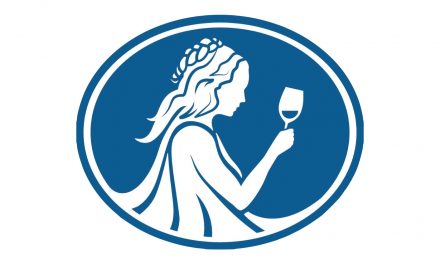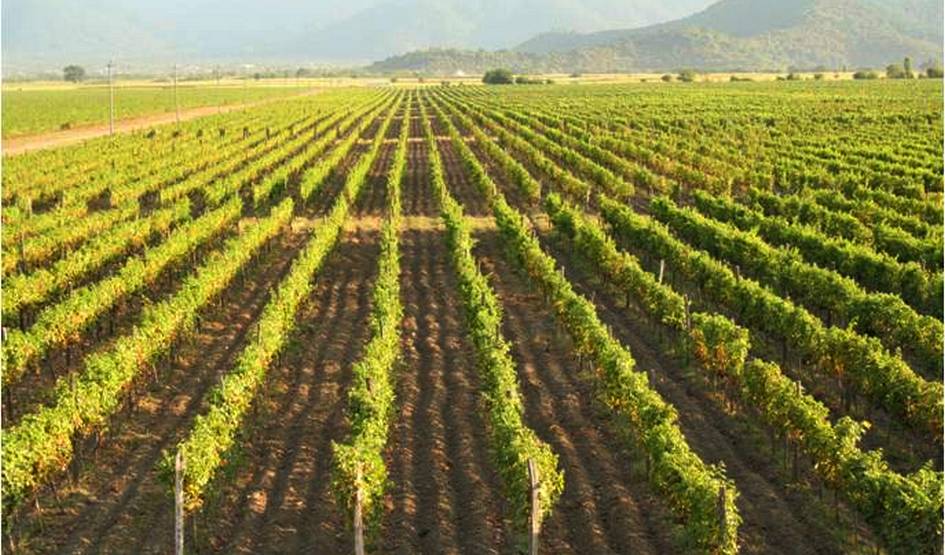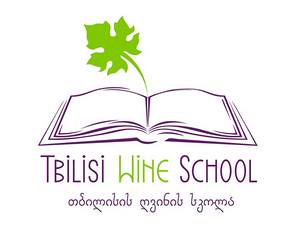Interview with Joseph Hallam, WSET International Development Advisor
Georgian Sommelier Association is Accredited Programme Provider (APP) of international wine education scheme known as Wine and Spirits Education Trust (WSET). Recently the GSA has interviewed Joseph Hallam, WSET’s International Development Advisor about WSET Courses and the growing interest of locals in international wine education in Georgia. Below we provide the full interview:
- There is a growing interest in Georgia around WSET and its courses. Could you tell a Georgian audience more about WSET as an institution? What is WSET, its history and origin? What role does WSET qualification play in contemporary global wine business?
JH: We are the largest provider of wine, spirits, and sake qualifications in the world. That means recognition for our qualifications is truly global: the WSET certificate you gain in Georgia is exactly the same as those in Australia, France, the USA, and China. But, more than that, the WSET certificate means you have passed an exam that has proven your skills and knowledge in relevant and international drinks topics.
WSET was founded in London in 1969 and for several years was focused on training people that worked in the UK wine industry. But in the last few decades, our operations have completely transformed… We now travel the whole world promoting education and WSET qualifications; today you can study with WSET in over 70 countries. Our courses are open to drinks enthusiasts and hobbyists, as well as trade professionals. We also have a separate set of spirits qualifications and, most recently, we have launched courses in sake – a drink of growing international importance.
Our exams and our textbooks are regularly updated to match the ever-changing drinks trade. But, for all this evolution, the same principles have remained at WSET since 1969: to enhance understanding of drinks production, to build skills in tasting samples objectively, to develop the ability to communicate accurately and clearly, and to confirm all of this through trusted examinations.
- Although we know already the official information for whom the courses are designed, could you tell us more about who should attend the WSET courses and why they are so important for wine professionals as well as enthusiasts?
JH: One of the best aspects of WSET in wine-producing countries like Georgia is the idea of putting local wines in a broader international context. That means Georgian producers and exporters can make better links and comparisons when they sell their products abroad. It also means that tourists that only know French or Italian wines can come to Georgia and discover – with the help of WSET-qualified sommeliers, waiters, or bar staff – local varieties and styles that suit them.
As well as appreciating different styles and types of wine, students come away from WSET courses with a far clearer idea of what makes a high-quality wine, spirit, or sake. We see it throughout the world: better educated consumers and professionals encourage bigger sales for high-quality products, which improves the industry as a whole.
For enthusiasts, it’s the chance to turn an interest into an area of expertise, to break through the mysteries surrounding wine, and to discover new products from around the world. And, maybe one day, it will be your launch into a new career.
- Here in Georgia we are also asked questions about the benefits that students may enjoy once they have the WSET Level 1 and 2 qualifications? How can they apply their knowledge?
JH: Level 1 is a brilliant introduction to the world of wine; it’s a platform for wine enthusiasts and beginners in the drinks trade. We look at the fundamentals of wine: what are the principal grape varieties of the world? What are the most common styles and what differences can we identify between them? Students also get to experiment with the relationship between food and wine, which is a real-life practical skill whether you’re working in a restaurant or simply looking for the right bottle to enjoy at home with your family. Level 1 can be completed in a day and, in that short period, a whole world can open up to you.
At Level 2, we take those principal grape varieties introduced at Level 1 and we go exploring… This is where we start to see how different climates and different production techniques affect the final products that we taste. Why are the wines of Chablis so different from the Chardonnays of Napa Valley? What’s really happening in the vineyard and the winery to make those differences? Once you’ve passed Level 2, if you’re working on the shop floor and your customer wants a ripe full-bodied wine that still has some freshness, you’ll know exactly what to recommend.
- Those wishing to take the courses are very frequently comparing the fees with the course duration and asking why are they high in comparison to the course length?
JH: We aim to deliver qualifications to the highest professional standards; from the moment, you receive your textbook to the day you’re presented with your WSET certificate.
We train our teachers so they can pass on focussed and valuable information in every session. Our study materials cover the exam topics comprehensively and accurately, helping you to structure your own personal study. Wine samples are sourced from around the world to give students the best possible reflection of the international market. And most importantly, we are meticulous with exams: every paper is prepared at WSET’s London office, where completed exams are then returned for marking, and where certificates are finally issued for all successful candidates.
- Also a question from potential candidates about WSET courses for Georgia – can a candidate attend only the exams but skip the course itself?
JH: The short answer is ‘no’.
Let me say why that’s a good thing…
The exam is the final proof of knowledge, but we really value the full education that students receive throughout the course of study: reading about a region or grape variety before the lesson; being tutored on the key points by a trained Educator; asking questions and having discussions in class; tasting those wines with your classmates; and developing your technique for evaluating the samples. In this way, you build a more complete understanding and can apply your knowledge more easily. It also means you’ll be better prepared for further study in the future.
- Recommended methods of study: What would you suggest to those willing to take WSET courses in Georgia? How they can study better? What are the minimum contact hours and how much time do students need to allow for independent study?
JH: First of all, come to lessons prepared. Read the textbook and the specification (this is available online for everyone), especially for the topics you’ll learn about in your next session. Make notes and ask questions on the areas you’re not sure about. Time with your teachers is precious so make the most of it by doing your own study.
At Level 2, we recommend at least 12 hours of study outside the classroom. You’ll receive a textbook and a workbook to guide you through this, but it’s a great idea to share your knowledge with others. You could start a study group with your classmates and share wine samples using your WSET tasting skills, or you could sit down with a friend that doesn’t know anything about wine and introduce them to a new region or grape variety. We are so lucky to be studying this subject and loads of people want to discover new wines!
- Many locals are willing to start directly with the Level 3 course in Wines. What prior knowledge is required for the Level 3 course? Can candidates attend Level 3 without holding the Level 2 qualification?
JH: It is possible to start WSET qualifications at Level 3, but we ask students to have at least Level 2 standard of knowledge before enrolling and (unsurprisingly) the best way to achieve that is by completing our Level 2 first!
One of the main reasons is so students get used to our Systematic Approach to Tasting (SAT), the method we use for judging and describing wines and then drawing conclusions about quality and production. In this technique, it’s important to calibrate your palate to your Educator’s, and it’s best to do that at Level 2 before you are tested on it at Level 3. Also, if you haven’t tasted lots of wines from around the world before, Level 2 gives a brilliant range of samples to increase your international knowledge.
The theory exam at Level 3 tests a large number of topics and, perhaps more importantly, it tests that knowledge to a far greater depth than Level 2. On top of that, you’ll complete blind tastings for the practical exam using the SAT method. It’s a tough course and Level 2 is the best way to make sure you’re ready.
- Besides those mentioned already, what would you suggest/advise to those Georgians interested in WSET qualifications?
JH:
- Visit our wsetglobal.com website and find out more about who we are and what we do. All the course information is online so you can see what our qualifications involve and where to begin.
- Then find out where your nearest course provider is and when they’re running courses; in Georgia that will be the Georgian Sommelier Association. Give them a call or send them an email – the team at GSA have studied these qualifications and now they teach them, so they can tell you exactly what to expect.
- Sign-up, get studying, and get tasting!










